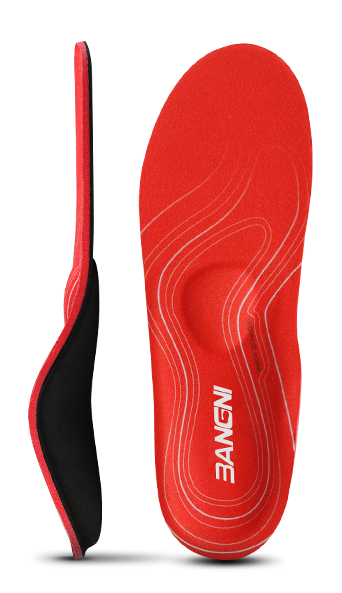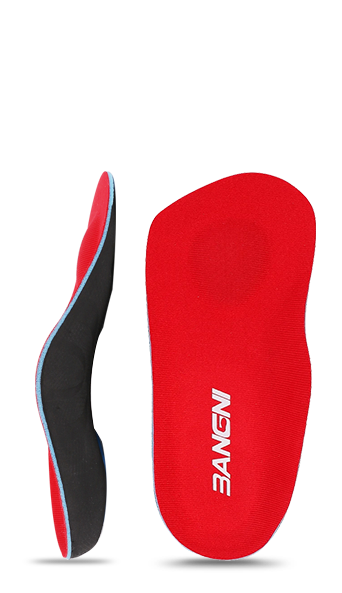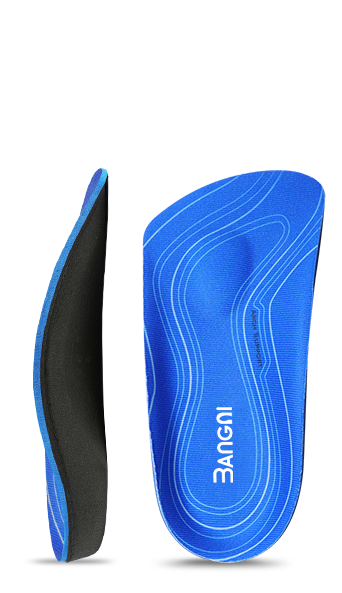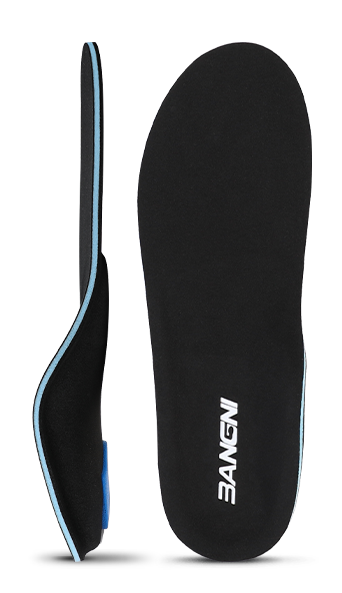What Does Diabetic Foot Pain Feel Like?
Whether or not you have been diagnosed with diabetes, it's normal to be confused when you begin to experience foot pain and question whether you are having diabetic foot pain or just some passing ache. Knowing the cause of diabetic foot pain as well as some of the common symptoms can help clear things up but, as with any symptoms that you feel concerned about, it's always best to consult with your doctor. In fact, some people find that diabetic foot pain was their first sign that something was wrong before any other established diagnosis.

Diabetic foot pain, one symptom of peripheral neuropathy, is a result of damage to the nerves caused by long-term elevated blood sugar levels. People can experience this in a variety of ways and the pain level associated with it can range from negligible to severe. Because of this, pain level is not a reliable way to diagnose peripheral neuropathy. Here of some of the other symptoms that are commonly reported by patients with peripheral neuropathy:
Numbness:
The numbness associated with peripheral neuropathy can be profound to the extent that you may not be able to feel your foot at all while walking. Other times you may feel as though you are wearing a sock when you are not. It can sometimes be accompanied with prickling or tingling that seems to travel up your leg.
Hammertoes:
The pain you have may cause you to move differently than before to try to avoid triggering the foot discomfort. When you shift the way you walk, it can come with other consequences. Shifting your weight can lead to changes in the way your muscles behave and can cause your toes to bend oddly. When any of your second through fifth toes bend upward and contract, that is referred to as hammertoes. Hammertoes can worsen over time and even require surgery if they become painful and pronounced enough.
Unexplained Heat:
We rely on our sense of touch to accurately inform us if something is dangerously hot but people with peripheral neuropathy have reported feeling heat when they should not. You may go to pick up a barely warm bowl of soup and feel as though it is burning. You also may feel heat in your feet as you lay down to bed at night. At times this can get so bad that it disrupts sleep.

Disrupted Sleep:
Diabetic foot pain can often feel worse at night and, as stated above, can include sensations of heat. I can also cause your foot to be sensitive to touch to such a great extreme that even the blanket may feel heavy or as if it’s scratching you. All of this adds up to a poor night of sleep that makes dealing with long-term pain even more difficult.
Shooting Pain:
This one is very straightforward and, if you’ve experienced it, you’re familiar with the sudden pains that feel like jolts of electricity.
Balance Issues:
We all experience some clumsiness from time to time but an increasing lack of coordination is not normal. Feeling wobbly when walking or even walking with a strange gait can result in falls and more injuries. At first it may be hard to pin down what is happening because if you also have numbness, you may not feel the difference in the way your foot is touching the ground or even notice when you bang your foot. But if you notice that you have a general lack of coordination along with your pain, or even if others have noticed it for you, don’t ignore this symptom.
Because diabetic foot pain can feel mild at times or can come and go, it's important to really pay attention to how often it is happening, if it is recurring, and if it is affecting your ability to go about your normal routine. If you feel as though something is just not right, especially if it's noticeable enough that you are looking for answers on the Internet, that's a good sign that it’s time to make a doctor’s appointment.
Your doctor may be able to recommend any number or treatments including prescriptions to manage the pain, shoe insoles to help adjust your foot for optimal blood flow and relief of pressure, diet changes, or even a leave of absence from your job. The consequences of not treating peripheral neuropathy can be calluses, continued pain, painfully dry or cracked skin, or even amputation. When the stakes are so high, trust your gut and see your doctor.














